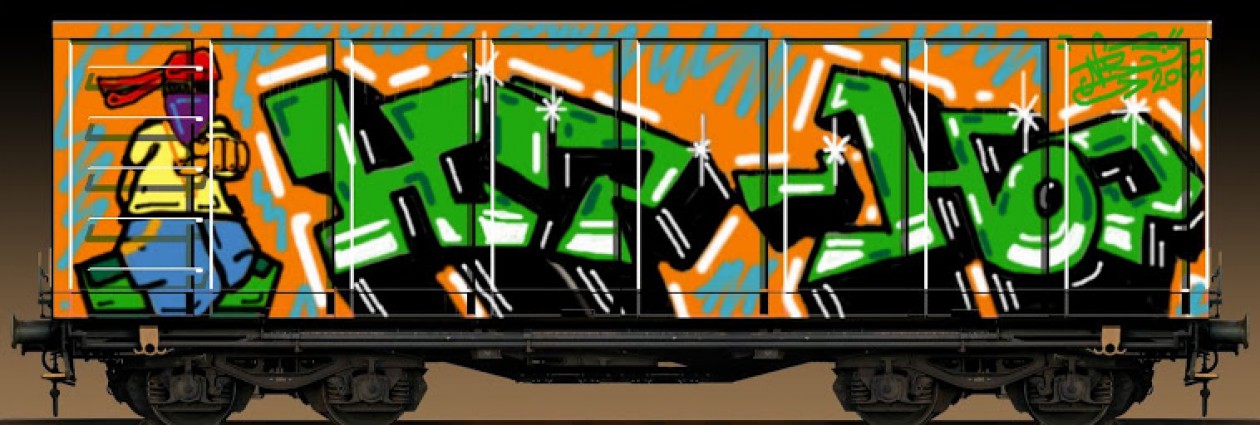Having in mind our readings on the African oral tradition and the Greek folks songs say what these two disparate traditions may learn or contribute to each other in terms of the role of the artist, the use of the songs toward the formation of a particular ideology, national or other, the conditions under which the songs are produced and circulated, their themes, the tools that each study uses in their discussion, etc.
Though the African and Greek oral traditions are seemingly disparate, they do have some interesting overlaps worth exploring.
First, both are obviously “oral” cultures in the way that folk songs or tribal poetry plays a part in cultural ritual. For example, the Greeks have specific dirges for funerals and others for weddings, as well as songs for entertainment. The presence of these songs designated for certain functions shows the way the oral folk tradition is embedded into the cycle of life. If song is part of the ritual, then the folk singer or poet is the preserver of ritual. In the more traditional or provincial sections of Greek and African life, poets and folk singers have a distinct role carved out for them. In changing, modernized times, the role of both the poet and the folk singer may be threatened.
In both cases, poetry was used to continue and create a nation. To me, the key difference is that in the African tradition, the poet knew his role in creating a nation for the king. I would say that the African poet is not just a preserver of ritual, but rather a keeper of history, as well. One role of the traditional African poet was to be the keeper of the tribe’s history by weaving a lineage and keeper of events through song. One oral poet transmitted the stories of the past to the next generation. As a result, the poems provide a way for the king to show the might of his kingdom both present and past.
On the other hand, the Greek folk singers were tools in the folklorist and nationalists’ quests to create a new Modern Greece. The folk songs were studied and taken apart to find some kind of thread that led back to Byzantium or Ancient Greece. The folk singers under examination were not singing peasants; they were capsules for the glory that was Greece. When Herzfeld examines the history of the study of Greek folk songs, we never hear from any folk singers. That is because, unlike the African poets, the Greek folk singers did not actively participate in creating their nation. Instead, the ritual they carried forward was close-read and altered to fit into a narrative that everyone—from the folklorists after the revolution trying to create a nation all the way to the modern anthropologists Herzfeld and Beaton—tried to create through studying the provincial Greek singer.

I absolutely agree with this. Growing up Greek-American, song was used in every facet of my life- when I was born, my dad wrote a song for me, I was constantly lulled to sleep by my Yiayia’s voice, and at my baptism and graduation my whole family sang songs of happiness. These songs often talked about the beautiful tradition of singing that Greeks keep. I was fully aware of my place in history, both as a Greek woman and as a sister, daughter, goddaughter and friend. Like the traditional African poet and keeper of the tribe’s history, my lineage was weaved through songs. I was constantly surrounded by the stories of my past and simultaneously, hopes for my future.
LikeLike